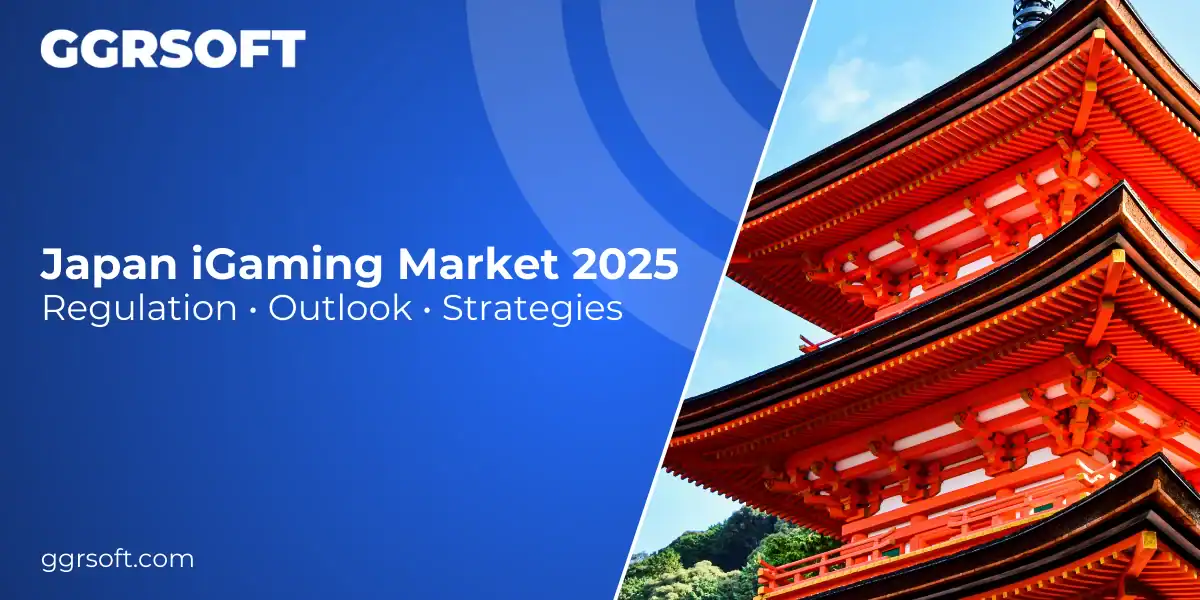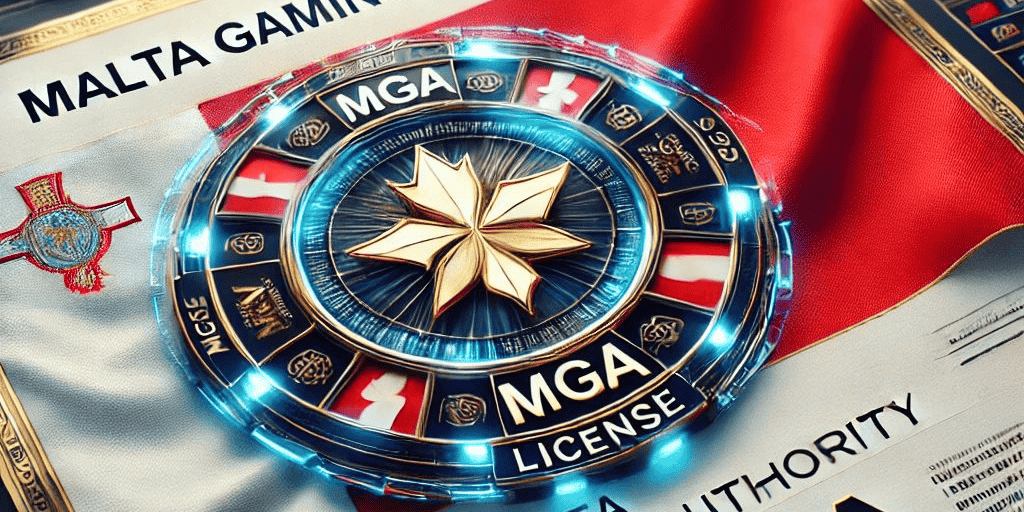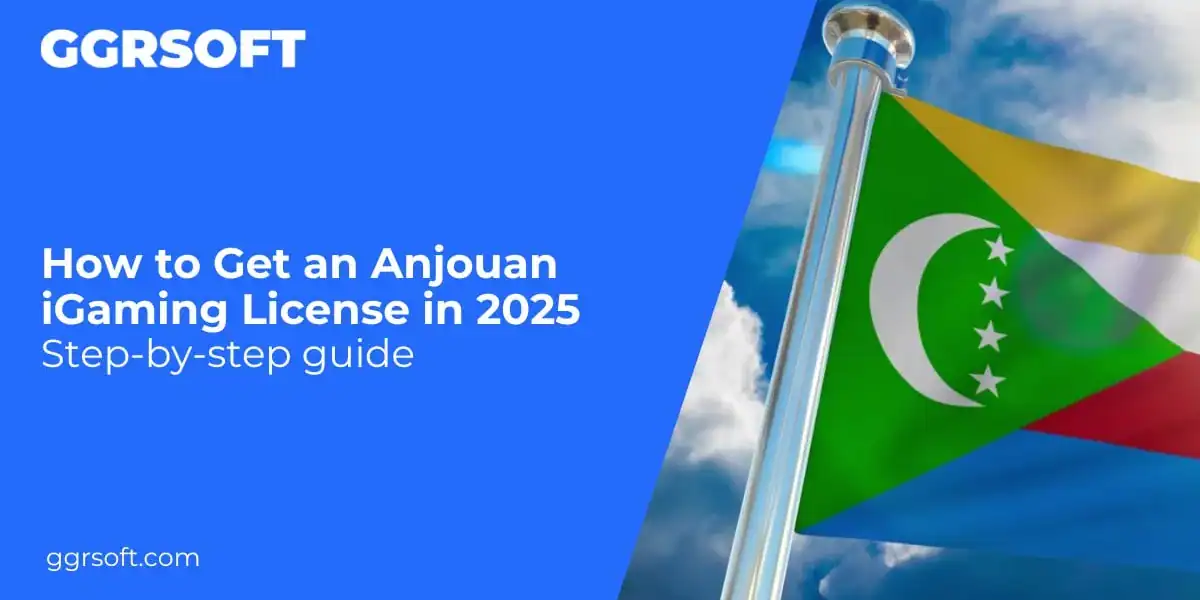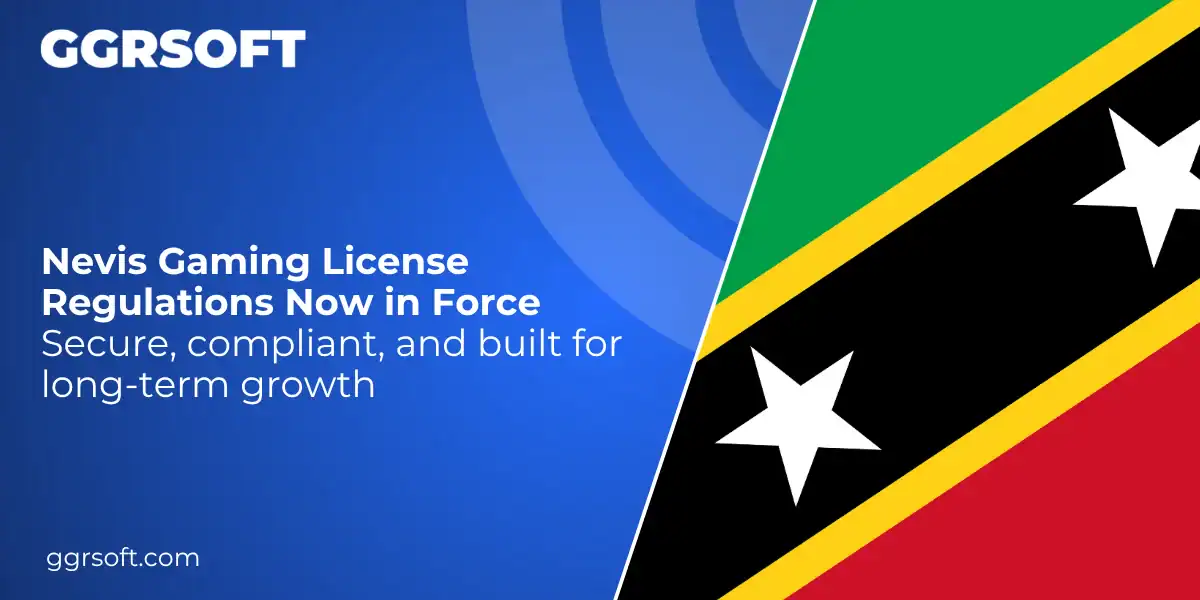
Japan online casino market regulation 2025 guide: licensing process, legal framework analysis, and strategies for successful market entry.
MEET US AT SIGMA EUROPE

The Malta Gaming Authority (MGA) gaming license has a relatively short but impactful history in the online gambling industry:
The Gaming Act (2018): A significant milestone was the implementation of the new Gaming Act in August 2018. This act overhauled the regulatory framework, streamlining licensing processes, enhancing player protection measures, and introducing stricter anti-money laundering protocols. It aimed to address the evolving landscape of the gaming industry and reinforce Malta’s position as a leading jurisdiction for gaming operations.
Pros:
Cons:
Overall, the MGA gaming license is highly esteemed in the online gaming industry, offering many advantages in terms of reputation, legal certainty, and market access. However, the associated costs, strict regulations, and demanding application process can pose challenges for operators.


Japan online casino market regulation 2025 guide: licensing process, legal framework analysis, and strategies for successful market entry.

How to get an Anjouan iGaming license in 2025. Learn about costs, steps, and updates in this quick and practical guide.

Nevis gaming license regulations are active, offering global operators a transparent and competitive regulatory environment.
Let’s Connect
